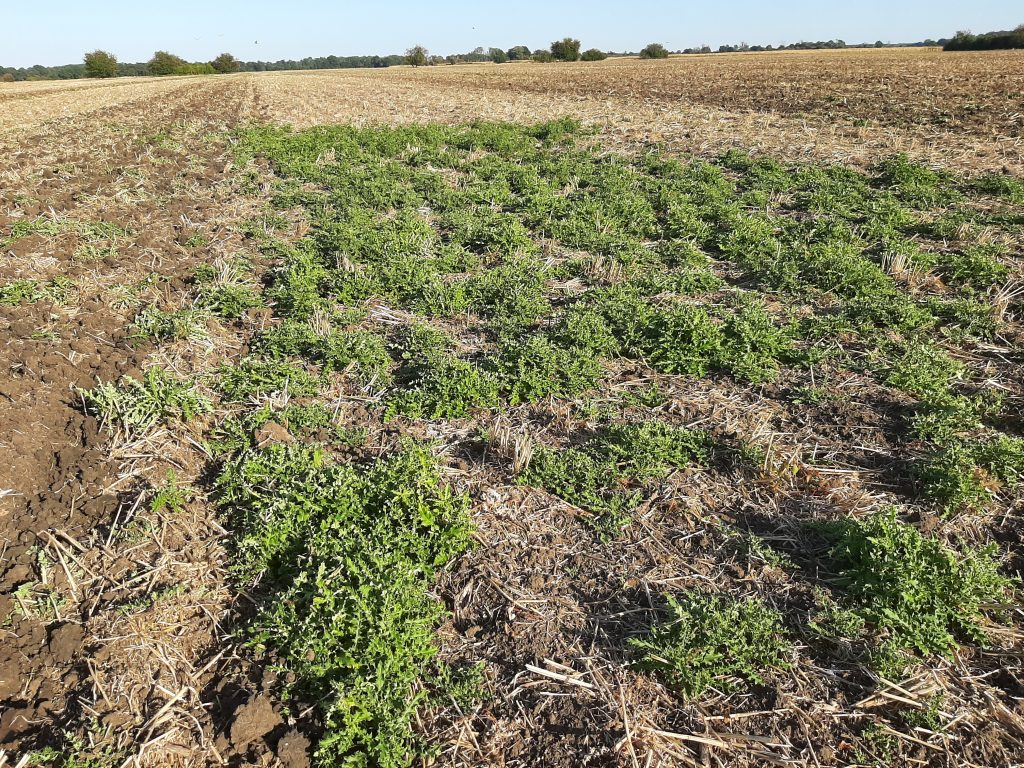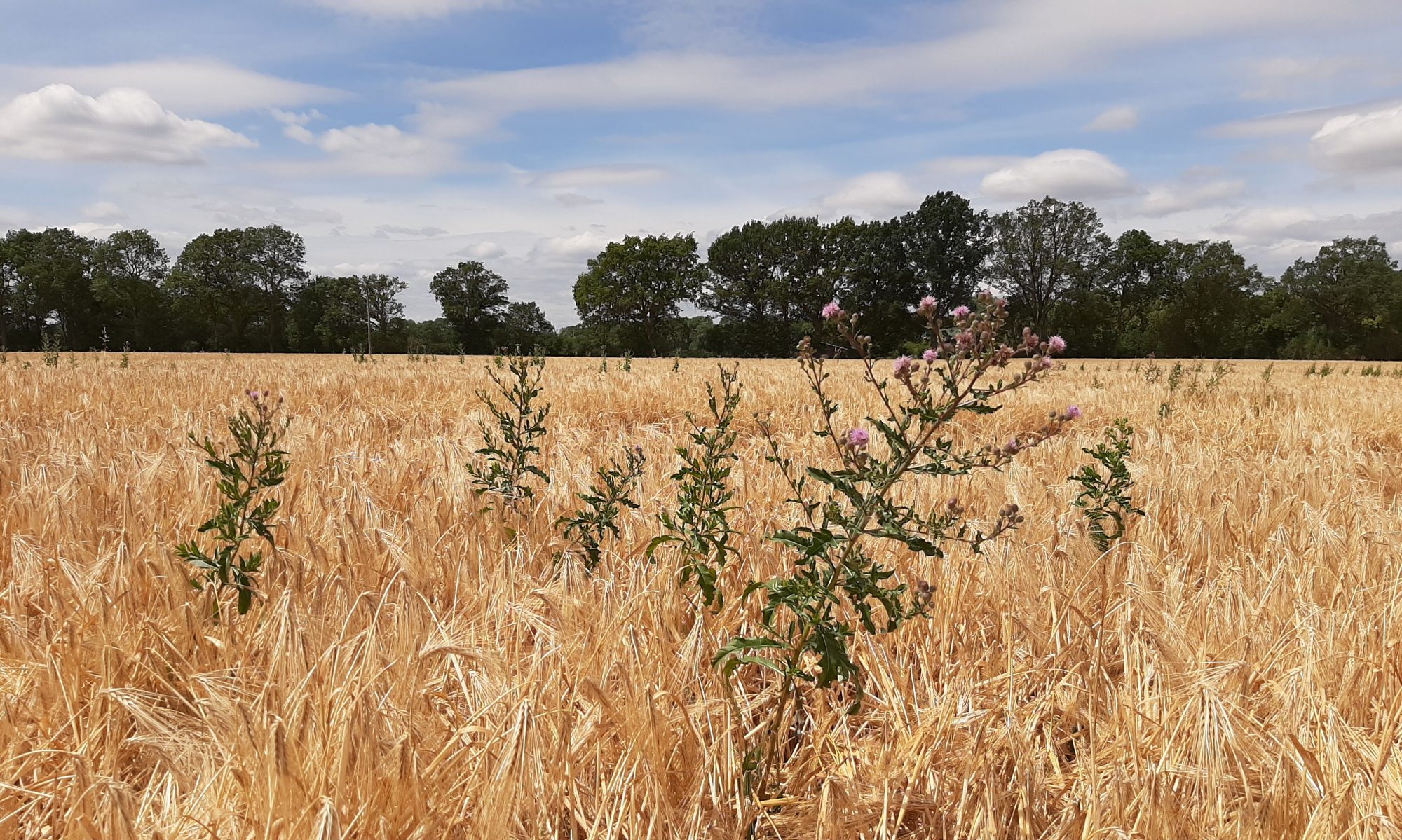Summary
Creeping perennial weeds strongly influence arable production, causing crop quantity and quality losses unless controlled. These weeds ensure their lifeform by subterranean storage organs (e.g., roots, rhizomes). Besides seed dispersal, their subterranean clonal systems facilitate survival and spatial spread in arable fields by vegetative sprouting. Some creeping perennial species are strongly adapted to arable land where intensive crop production occurs.

The common practices of arable farmers to control creeping perennial weeds are intensive inversion tillage and herbicides (especially glyphosate). However, intensive inversion tillage by ploughing not only consumes lots of energy, but also diminishes the soil biological activities. Indiscriminate use of herbicides has side effects on human health, non-target species, and the wider environment (e.g., water quality). Agro-ecological management practices claim that sustainable agricultural systems should rely as much as possible on ecological processes to ensure long-term food security, human welfare and environmental protection. Indeed, integrated weed management for perennial weeds demands to explore, compare and evaluate such novel strategies.
The objective of AC/DC-weeds is to implement more and better agro-ecological management practices for creeping perennials in arable farming. The overall aim of this project is to reduce plough-tillage in organic and conventional farming, and to replace glyphosate in the latter system.
The three year project contains seven work packages (WPs), each aiming to use the most advanced methodology to achieve the following research objectives:
- WP Disturbance: Through field experiments, examine the perennial weed control efficiency of novel mechanical tillage tools (‘root cutter’), subsidiary crops, and bioactive herbicides.
- WP Competition: Conduct meta-analyses to quantify the efficiency of competition process by subsidiary crops on perennial weed regulation and to analyse the sources of variability and to relate the effects to crop traits.
- WP Species: By literature review and small scale experiments, expand ecological data and knowledge for three most important perennial weed species in central and northern Europe (Elymus repens, Cirsium arvense and Sonchus arvense).
- WP Monitoring: Based on the best UAV (unmanned aerial vehicle) technology, improve mapping procedures of perennial weeds in arable fields.
- WP Modelling: Develop a new qualitative modelling of perennial weed management practices based on combined control methods, soil, weather and the environment.
- WP Graphic Web Tool: Design a graphic web tool to support end users with accessible and specific information on the efficiency of management options on perennial weeds.
- WP Coordination: Explore environmental and economic effects of agro-ecological management strategies to support project communication and dissemination.
